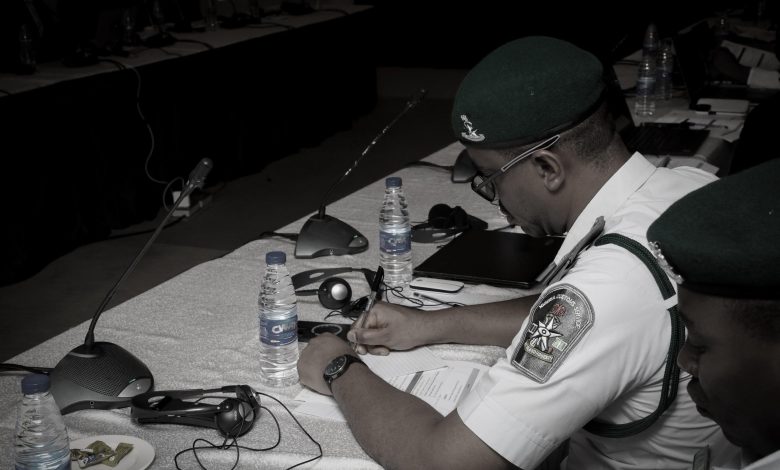NCS Strengthens Intelligence-Led Border Management with National Training Seminar on WCO Tools

By Bushra Lawal
The Comptroller-General of Customs (CGC), Adewale Adeniyi, has reaffirmed the Nigeria Customs Service’s (NCS) unwavering commitment to modern, intelligence-driven border management and regional collaboration.
This was made known during the official opening of the National Training Seminar on Intelligence and the Instruments and Tools of the World Customs Organisation (WCO), held on Monday, 6 October 2025, in Abuja. The five-day capacity-building programme, organised under the auspices of the Regional Intelligence Liaison Offices (RILO) for West and Central Africa, brought together top Customs intelligence officers, WCO experts, and international facilitators.
Declaring the seminar open on behalf of the CGC, the Deputy Comptroller-General (DCG) in charge of Strategic Research and Policy, Dera Nnadi, described intelligence as the cornerstone of modern border protection.
“In a world where illicit trade, terrorism financing, and cyber-enabled crimes are constantly evolving, intelligence-led enforcement has become not just a necessity but a cornerstone of national security,” he stated.
He emphasised that the NCS remains committed to strengthening its intelligence architecture through enhanced collaboration with the WCO and RILO offices, leveraging global instruments such as the Customs Enforcement Network (CEN) and the SAFE Framework of Standards, as well as advanced data analytics, to boost enforcement efficiency.
“The knowledge gained here must translate into practical strategies that strengthen risk analysis, improve profiling techniques, and promote data-driven enforcement decisions,” he added.
Representing RILO West Africa, Amadou Cissé, Head of RILO West Africa, commended the CGC’s visionary leadership and congratulated him on his recent election as President of the WCO Council, a recognition he described as “a testament to Nigeria’s rising influence in global customs administration.”
He further praised the Service for its proactive reforms aimed at modernising operations, deepening intelligence capacity, and advancing inter-agency cooperation across borders.
“This seminar underscores the importance of the Customs Enforcement Network and other WCO instruments in combating illicit trade, terrorism financing, and organised crime,” he said.
Over the course of the week, participants have been engaging in intensive sessions covering data analysis using the WCO Customs Enforcement Network, intelligence sharing, and regional risk management tools. By the close of the seminar, officers are expected to have sharpened their analytical capacity and developed renewed strategies to tackle cross-border crimes through collaborative intelligence frameworks.




